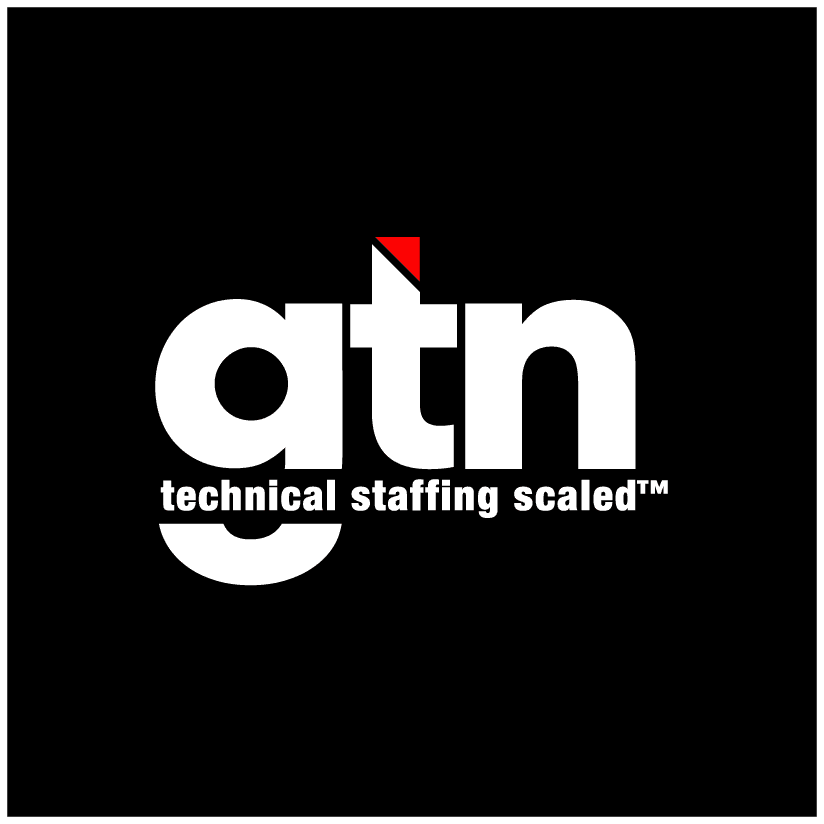The Career Path For a Software Development Project Manager Is a Long But Rewarding One
As with any position in the tech industry, there is no single, one-size-fits-all career path for a software development project manager. There are many roads you can take to reach your destination as the quarterback leading the planning, execution, and successful delivery of complex software development projects. But these paths all require three fundamental things: education, experience, and a commitment to continuous learning.
While your specific choices may vary, a typical career path for a software development project manager looks something like this:
A Solid Educational Foundation
Experience will come with time, but your career journey should begin in the classroom. Many software development project managers earn a four-year degree in software engineering, computer science, programming, or another related field. Armed with the fundamental understanding of programming concepts, software development methodologies, and project management principles that come from a rigorous academic program, you’ll be ready to find your first position in the software development industry.
Entry-Level Positions
You have to start somewhere, and that somewhere is likely to be an entry-level software development position. This can include software developers, quality assurance analysts, or business analysts. Whatever your first job entails, it is an opportunity to develop your skill sets, gain practical knowledge of project elements and lifecycles, and build relationships with your peers. These factors all contribute to where the career path for a software development project manager takes you.
Project Management Certification and Continuous Learning
As noted, continuous learning is essential to making it to the top of the software development ladder. This includes pursuing project management certifications such as the Project Management Professional (PMP) or Certified ScrumMaster (CSM). These certifications provide a comprehensive understanding of project management methodologies, tools, and best practices, making you more attractive to potential employers. So, prioritize attending these workshops and conferences regularly to keep yourself up-to-date and ahead of the latest trends and developments.
Junior Project Manager
With a solid education, a few years of experience, and certifications, you can transition to the next phase of your career path for a software development project manager – a junior project management role.
Junior project managers work alongside experienced project managers, assisting them with project planning, coordination, and communication. You’ll gain essential exposure to project management tools and methodologies and begin developing the leadership and communication skills that you’ll need in a management role.
Related: 3 Ways AI Will Affect Your Software Development Career
 Project Coordinator/Assistant Project Manager
Project Coordinator/Assistant Project Manager
After gaining experience as a junior project manager, you may become a project coordinator or assistant project manager. In these roles, you are responsible for coordinating project activities, tracking progress, managing budgets, and facilitating communication between team members, stakeholders, and clients.
Project Manager
With demonstrated management skills honed in your coordinator/assistant project manager role, you’ll be ready to advance your career path as a software development project manager. Project managers oversee the entire project lifecycle, from initiation to completion. This includes defining project objectives, developing project plans, allocating resources, managing risks, and ensuring timely project delivery. You will collaborate closely with cross-functional teams, stakeholders, and clients to ensure your project’s success.
Senior Project Manager
After several years as a manager overseeing multiple successful projects, you may move into a senior project management role, handling more extensive, complex projects or managing multiple projects simultaneously. You’ll guide and mentor junior project managers, contribute to strategic decision-making, and have a broader impact on organizational project management practices.
Program Manager or Department Head
At the highest levels of the career path for a software development project manager, you may transition into a senior role as a program manager or department head. These positions involve managing a portfolio of projects or overseeing an entire department. Program managers are responsible for aligning projects with organizational goals, driving strategic initiatives, and ensuring effective resource allocation. You will work closely with executives and stakeholders to deliver business value through successful project execution and strategic, long-term vision.
GTN Technical Staffing: Setting You on the Right Career Path For a Software Development Project Manager
Because technology is continually advancing, the demand for skilled software development project managers remains high. If you are interested in the intersection of technology, project management, and team leadership, this may be a rewarding path for you.
Whether you are at the start of your career journey or are ready to take the next big step, GTN Technical Staffing has the career opportunities and connections to get you where you want to be. Contact us today to learn more.






